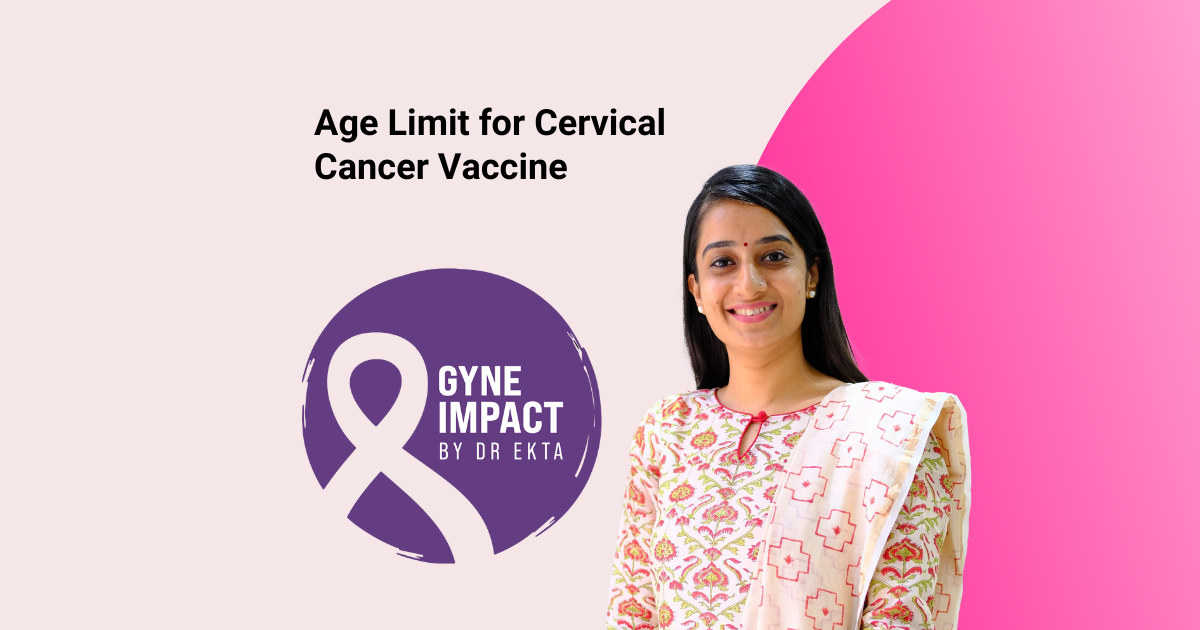As an oncologist, I often get questions about the cervical cancer vaccine, especially regarding the appropriate age limit for cervical cancer vaccine. Cervical cancer remains a significant health threat, but the development of the human papillomavirus (HPV) vaccine has been a game-changer in the fight against this disease. In this blog, I will delve into the age limit for cervical cancer vaccine, its benefits, and why understanding this age limit is crucial for effective prevention.
Understanding Cervical Cancer and HPV
Cervical cancer is primarily caused by persistent infection with certain types of HPV. This virus is extremely common and is transmitted through sexual contact. While most HPV infections clear up on their own, some can lead to the development of cervical cancer over time. The cervical cancer vaccine targets the most dangerous strains of HPV, significantly reducing the risk of developing this type of cancer.
The Cervical Cancer Vaccine: How It Works
The cervical cancer vaccine, also known as the HPV vaccine, is designed to protect against the high-risk strains of HPV most commonly associated with cervical cancer. There are currently three vaccines available: Gardasil, Gardasil 9, and Cervarix. These vaccines work by stimulating the immune system to produce antibodies that prevent HPV infection.
Age Limit for Cervical Cancer Vaccine: The Basics
One of the most common questions I encounter is about the age limit for cervical cancer vaccine. The Centers for Disease Control and Prevention (CDC) and other health organizations have provided clear guidelines on this topic.
The recommended age for routine HPV vaccination is 11 to 12 years for both girls and boys. However, vaccination can be started as early as age 9. This early vaccination is crucial because it should ideally occur before any exposure to HPV through sexual contact. The immune response to the vaccine is also stronger in preteens and teens compared to older individuals.
Why Early Vaccination is Important
The age limit for cervical cancer vaccine is set at a young age for several reasons:
Stronger Immune Response: Younger individuals tend to have a more robust immune response to the vaccine. This means they are more likely to develop higher levels of protective antibodies.
Prevention Before Exposure: Since HPV is transmitted through sexual contact, vaccinating individuals before they become sexually active ensures they are protected before any potential exposure to the virus.
Long-Term Protection: Vaccination at a young age provides long-term protection against HPV-related cancers. Studies have shown that the vaccine’s protection lasts for many years, and ongoing research suggests it may provide lifelong protection.
Age Limit for Catch-Up Vaccination
While the ideal age for vaccination is 11 to 12 years, it’s important to understand that older individuals can still benefit from the vaccine. The CDC recommends catch-up vaccination for females up to age 26 and males up to age 21 if they were not vaccinated earlier. For certain high-risk groups, such as men who have sex with men and immunocompromised individuals, catch-up vaccination is recommended up to age 26.
Vaccination for Adults
In recent years, the guidelines have been updated to include vaccination for some adults between the ages of 27 and 45. While the vaccine is less effective in this age group compared to younger individuals, it can still offer protection. Adults in this age range should discuss the potential benefits of the vaccine with their healthcare provider to make an informed decision based on their individual risk factors.
Addressing Common Concerns
As an oncologist, I understand that parents and individuals may have concerns about the age limit for cervical cancer vaccine and the vaccine itself. Here are some common questions and their answers:
Is the vaccine safe?
Yes, the HPV vaccine has been extensively studied and is considered safe. Like all vaccines, it can cause mild side effects such as soreness at the injection site, fever, or headache. Serious side effects are extremely rare.
Why vaccinate boys?
While cervical cancer affects women, HPV can cause other cancers in both men and women, including penile, anal, and throat cancers. Vaccinating boys helps prevent the spread of HPV and reduces the risk of these cancers.
Is the vaccine effective?
Yes, the HPV vaccine is highly effective. It has been shown to reduce the incidence of HPV infections and related cancers significantly. Countries with high vaccination rates have seen dramatic decreases in cervical cancer rates.
The Role of Parents and Guardians
Parents and guardians play a crucial role in ensuring their children receive the cervical cancer vaccine at the recommended age. Here’s what you can do:
Stay Informed: Educate yourself about the benefits and safety of the HPV vaccine. Reliable sources include the CDC, World Health Organization (WHO), and your healthcare provider.
Schedule Vaccinations Early: Aim to vaccinate your children at the recommended age of 11 to 12 years. If they missed this window, discuss catch-up vaccination options with their healthcare provider.
Communicate with Healthcare Providers: Don’t hesitate to ask your child’s healthcare provider any questions or express concerns about the vaccine. They can provide personalized advice and address any issues you may have.
Conclusion
Understanding the age limit for cervical cancer vaccine is essential for maximizing its protective benefits. By vaccinating at the recommended age and catching up if necessary, we can significantly reduce the risk of cervical cancer and other HPV-related cancers. As an oncologist, I strongly advocate for HPV vaccination as a vital tool in cancer prevention. Protecting the next generation from the devastating impact of cervical cancer starts with timely vaccination. Make informed decisions, stay proactive, and let’s work together to eradicate cervical cancer.

